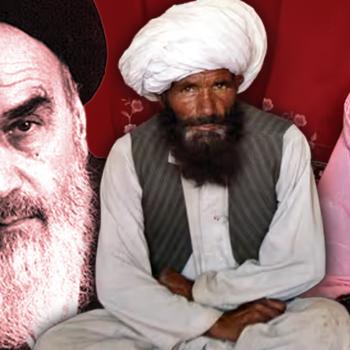 |
|
I have an announcement
|
Ever since the Turks refused to join the US and British-led coalition against Saddam Hussein’s Iraq before the war (but agreed later to send their companies), finding active Muslim participants in the conflict (er, on the Coalition side) has been an elusive struggle. Now that sovereignty has been restored (depending on your definition of that) and Iraqi Prime Minister Ilad Allawi has requested the participation of Muslim countries in restoring security (scores of lives have been taken recently in terrorist attacks and kidnappings), some of those very countries are taking tentative steps. Perhaps not surprisingly, the Saudi government proposed such an involvement during Colin Powell’s recent visit (albeit with caveats). The response has been tepid – Egypt deferred, citing the opposition of most Iraqi political groups (especially the ones with nasty RPGs), while Pakistan and Indonesia said they’d think about it. Most Arab and Muslim populations cringe at the US military association (and nation-building price tags). And rumour has it that even Allawi’s government doesn’t really want Arab as much as other Islamic countries involved due to heightened ethnic sentiments and interest conflicts. Naturally, the US public is warm to the idea, eager for anything that will help extricate themselves from Iraq as soon as possible. But the US military, with over 100,000 troops still calling many shots in Iraq, may consider the addition of Muslim troops a loss of control. Ultimately, the involvement of any Muslim troops in Iraq will be a measure of perceptions, especially that of keeping an arm’s (an army’s?) length away from the US military elephant. Theoretically, that could be done under UN auspices, as the Saudis and Malaysians are now recommending. “It is not possible for Arab and Muslim forces to go to Iraq and join the (US-led) forces there under a command other than a UN command,” said Arab League Secretary General Amre Moussa. However, between the UN’s lukewarm objection to American unilateralism and the assassination of envoy Sergio Vieira de Mello a year ago, that isn’t likely to happen anytime soon. But overshadowing all else, the flickering of humanitarian concern that keeps the issue alive belies the utter inability of Muslim countries – as demonstrated in Bosnia, Palestine, or, most grieviously, Sudan – to make much of a difference anyway.
Zahed Amanullah is associate editor of altmuslim.com. He is based in London, England.















